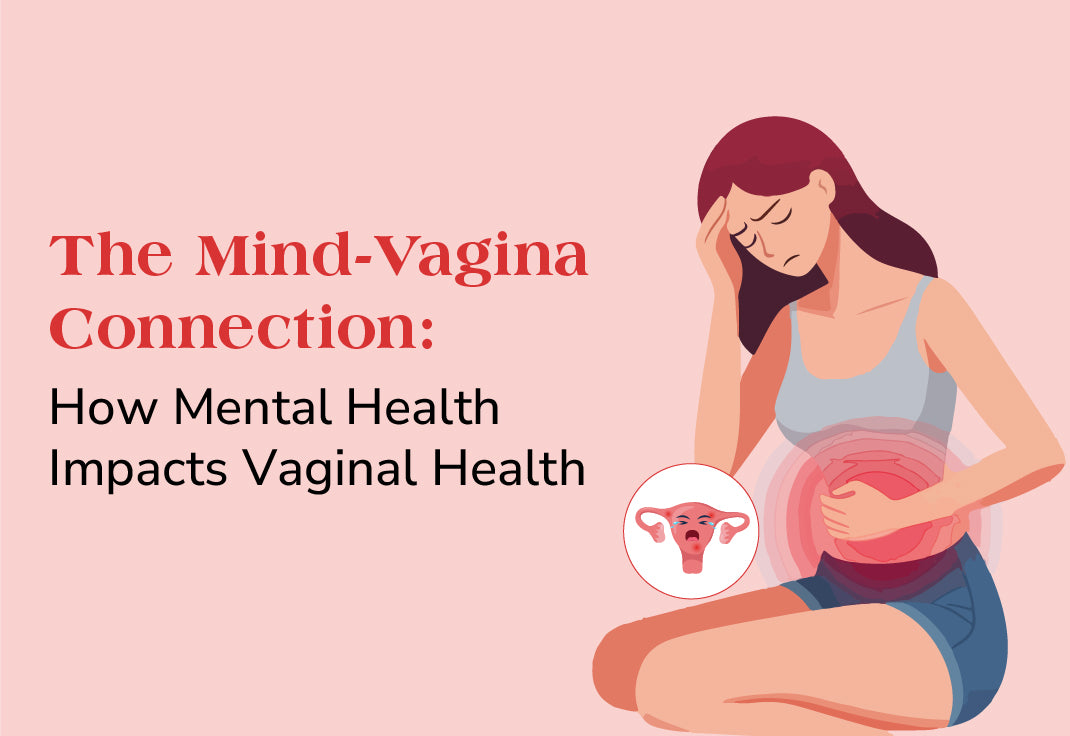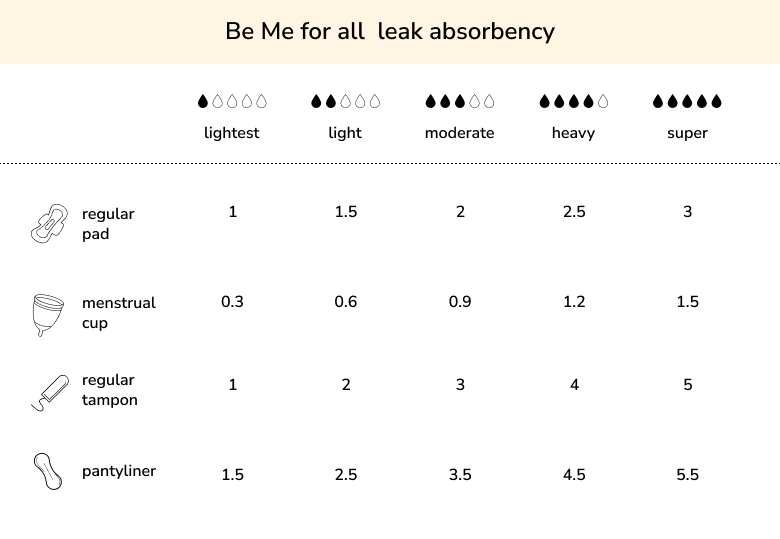
The Mind-Vagina Connection: How Mental Health Impacts Vaginal Health
Published At
From taking care of physical health to mental health to vaginal health to emotional well-being—yeah, we women have a lot to juggle! And it turns out that even the slightest imbalance in one area can disrupt the others.
We often hear about the importance of mental health awareness for our overall well-being, but did you know it plays a crucial role in maintaining vaginal health too? When things feel "off" down there, it's time to pay attention. Stress and anxiety can be the straw that breaks the camel's back, impacting our delicate vaginal ecosystem. So, let's explore the fascinating connection between mental and vaginal health.
The Science Behind the Connection
Stress can significantly affect our sleep, our ability to think clearly, and our energy levels to tackle everyday tasks. But it also has a profound impact on our vaginal pH balance. The stress hormone, cortisol, can disrupt the vaginal microbiome, making us more vulnerable to yeast infections and bacterial vaginosis.
Adding to the complexity, anxiety can manifest physically as muscle tightness, particularly in the pelvic floor. This can lead to a condition called vaginismus, which involves involuntary spasms of the vaginal muscles, making penetration of any object—a tampon, menstrual cup, or penis—painful or even impossible. On the other hand, depression can affect libido (our desire for sexual pleasure), indirectly impacting vaginal health.
Medical Conditions Linked to Mental Health

Vaginismus: Involuntary and unwanted muscle spasms that make penetration of objects like tampons, menstrual cups, or a penis painful or difficult.
Vulvodynia:A chronic pain condition that causes burning, stinging, or rawness in the vulva.
Increased risk of bacterial infections: Compromised mental health hygiene can make the vagina more susceptible to infections like bacterial vaginosis and yeast infections.
Changes in lubrication and arousal: Mental stress can interfere with arousal, leading to dryness and discomfort during sexual activity.
Tips to Improve Mental and Vaginal Health

Every cloud has a silver lining, and there are many ways to nurture both mental and vaginal health:
1. Stress Management: Practice mindful activities like meditation, yoga, and exercise to keep stress in check.
2. Therapy & Counseling: Consult a mental health counselor to address depression, anxiety, or trauma. Therapies like CBT can be particularly helpful.
3. Pelvic Floor Muscle Therapy: A specialized pelvic floor therapist can help release muscle tension, reduce pain, and improve sexual function.
4. Lifestyle Changes: Prioritize a healthy diet, engage in regular physical activity, and improve your sleep cycle.
5. Communication: Practice open communication with your partner and family, and don't hesitate to seek medical help when needed.
In the End
The connection between vaginal and mental health highlights the intricate interconnectedness of our bodies. By focusing on mental well-being, we can create a ripple effect of positive change that improves vaginal health and overall well-being.









